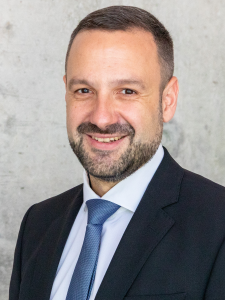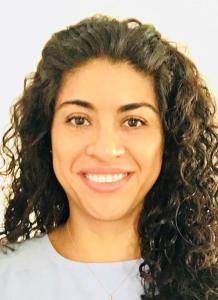The Konrad Adenauer Foundation, New York Office (KAS) embarked on a historical and prospective analysis of the conditions that have enabled Germany to exercise universal jurisdiction over core crimes that affect the international community as a whole. The Higher Regional Court in Koblenz decided two emblematic cases under the principle of universal jurisdiction. In February 2021, after 108 days of trial proceedings, the court found that acts of murder, torture, and sexual violence had been committed in Syria’s al-Khatib Intelligence Service detention center, marking the first time that members of President Bashar al-Assad’s regime had to answer for crimes committed in Syria.
This was also the first domestic court worldwide to recognize Assad’s violent crackdown on his people as a crime against humanity. In October 2019, Germany’s Federal Public Prosecutor’s Office charged two Syrian men with crimes against humanity. The trial, which started in Koblenz in April 2020, focused on two defendants, Eyad A and Anwar R, who were former officials of Assad’s security apparatus. In February 2021, the Koblenz Higher Regional Court sentenced Eyad A to four and a half years in prison, followed by Anwar R’s conviction two years later in January 2022.
These rulings represented an unprecedented state action against impunity for brutalities committed under the Assad regime. Various higher regional courts across Germany, however, have also rendered similar landmark decisions under the principle of universal jurisdiction, adding significantly to the world’s understanding of international criminal law and its application to domestic jurisdictions. According to experts interviewed for this study, Germany has been at the forefront of pursuing accountability for the most serious international crimes in recent decades.
The study does not focus on substantive judicial outcomes but on the various legal, institutional, and structural conditions that paved the road to the decision of the Higher Regional Court in Koblenz in 2021. The findings of this study show that Germany has created an exceptional system, referred to here by the author as the “German system of universal jurisdiction--Das deutsche System der Weltgerichtsbarkeit.” This system has made Germany one of the world’s foremost legal forums to hold perpetrators accountable for international crimes. The German system of universal jurisdiction comprises eight elements. Analyzing these elements together--and not in isolation—provides a deeper understanding of Germany’s pivotal role in prosecuting international crimes and its overall contribution to seeking justice and accountability.
The Road to Koblenz: Pathways for International Justice through the exercise of universal jurisdiction
Video excerpt: speech on the KAS study
About the Author
Dr. Mónica Castillejos-Aragón is an international human rights lawyer. Since 2018, she has managed the rule of law and international justice portfolio of the Konrad Adenauer Foundation, New York Office, where she has attained wide-ranging experience engaging in the rule of law, peacebuilding, international justice, and UN-related projects. Trained as a social scientist, she holds Doctor of the Science of Law (J.S.D.) and Master of Laws (LL.M.) degrees from the University of California at Berkeley School of Law, where she was invited to join the prestigious “Mellon Sawyer Seminar on the Dilemmas of Judicial Power in Comparative Perspective” in 2008 at the Center for the Study of Law and Society. She graduated cum laude from Instituto Tecnológico Autónomo de México, Department of Law (ITAM). She has spent her career working globally to advance access to justice and the rule of law with special emphasis on courts, international tribunals, and people-centered justice in comparative perspectives. She has served as a senior legal advisor to UN independent experts, including the UN Special Rapporteur on the Independence of Judges and Lawyers, for whom she worked for five years and contributed to drafting numerous thematic reports on contemporary challenges to the independence of justice worldwide. She worked as a clerk at the Supreme Court of Mexico for four years, and thereafter served as a supervising attorney at the Attorney General’s Office. She has worked for various human rights organizations and joined causes devoted to seeking access to justice and accountability for crimes committed in international and non-international contexts. She is a lecturer in comparative law and of international criminal law at the University of California, Berkeley School of Law.




